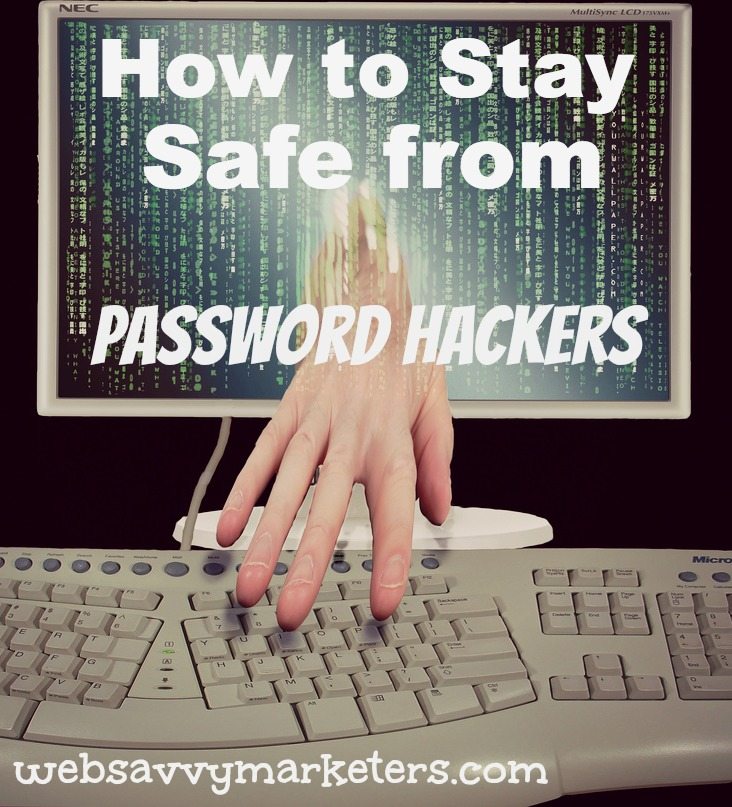-

This work is a derivative of “Credit Card Theft” by Don Hankins, used under CC BY.
Nearly half of all adults had their personal information exposed by hackers this year. The total number of accounts compromised was 432 million. This ongoing targeted theft isn’t going away.
Last month, 5 million Gmail usernames and passwords were published on a Russian bitcoin security forum. This follows the 70 million Target customers’ personal information, 33 million Adobe user credentials, 4.6 million Snapchat users’ account data, 3 million Michael’s payment cards, and 1.1 million Neiman Marcus cards.
The damage is real. Each record typically includes personal information, such as your name, debit or credit card, email, phone number, birthday, password, security questions and physical address.
It’s enough to get hunted down by an abusive ex-spouse. It makes you an easier target for scams. And even if only basic information about you is stolen, that can easily be paired with stolen credit card data, empowering impostors.
Top-tier hackers continue to take advantage of the fact that we are increasingly moving our lives online. They will often publicize sensitive information for other hackers to scramble and use. Their exploits are multifarious, leaving its victims – and potential victims – to scramble to stay ahead of their game.
What You Can Do To Stay Safe
By staying aware of the methods hacker’s use and taking the appropriate steps to prevent attack, you will be far safer than other users. “Cybercriminals exploit the weakest target first.”(CSIS Security Group)
WiFi Sniffing
Anytime you’re in public using your phone, tablet, or laptop, and you’re connected to a network outside your home, you’re opening the door to WiFi sniffing.
While you are browsing through an unprotected WiFi, you’re also broadcasting your data to anyone who wants to look. Because your data is sent to the router on radio waves, it reaches all connected devices at the same time.
Most users won’t be paying attention to the data you send, but the fact is, someone could be using a WiFi sniffer to pick up the information you’re broadcasting. Your URLs, passwords, usernames, and any other private data is up for grabs.
Use a VPN service which provides encryption in its connection. A virtual private network extends your private network across the public network, giving your WiFi-enabled device the same security it has when on your private network.
Malware Attacks
Malware are hidden programs that bury inside of your computer and then send data to other people without your knowledge. They are an epidemic on Windows and Android programs.
The most common method is through installing a keylogger or another type of spyware in your computer that watches what you type on the keyboard or see on the screen. In many cases, the goal is to steal entire systems of passwords and data, so the targets are often large organizations.
A devastating malware example is Zeus, a Trojan horse virus which made its appearance in 2007. This example combined the tactics of phishing with email to send users a rogue link. Once clicked on, the malware is installed in your computer and waits for you to log in to your online banking account.
In the case of Zeus, small businesses were a prime target, with $70 million stolen from 390 victims in one case in 2010. Educate yourself and employees on phishing email and link-clicking only on trusted sites and sources.
Security Questions
Hackers who gain access to your email account will often have an easy time of cracking your security questions. Because they have access to your social media, deducing the answers to basic security questions like “What city were you born in?” or even “What’s your favorite pet’s name?” is a walk in the park,
Once they manage to break through this flimsy security barrier, they are able to reset your password and get into your accounts. When you answer security questions, it’s a good idea to either answer with a lie or choose “other” when offered and create a security question that’s impossible for someone to guess.
Great post Kacee!
What is funny between these victims who were hacked is many of them used simple passwords for their online accounts such as “123456” or “password” and similar ones such as their name etc. These ones can easily be broken with simple ‘bute-force’ applications.
Many of these people are still not educated how to increase their security when using internet.
Also, if you just have an antivirus software and always keep it up to date your security will be like 80% more safer then without one. Of course there are always malware tools which bypass antiviruses like it was case with “Zeus” one in 2010.
Thank you for your share and best regards,
Adam
You’re right on about having anti-virus software and keeping it up to date. Nothing is full-proof, but following all the basics will certainly help keep you off the “easy target” list. Problem is, so many of us don’t worry about it until we are looking straight out of the bull’s eye! Thanks for your comment, Adam.